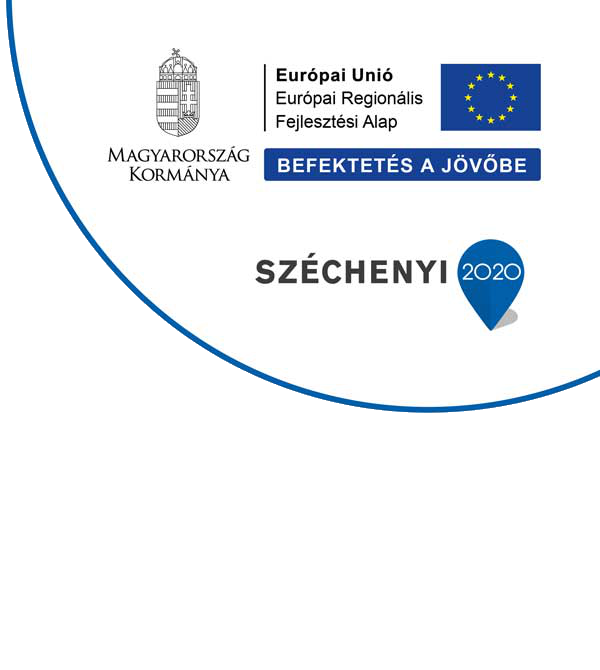Innovation is a team sport!
In this new series of portrays, we introduce some of our team members, who are vital for our team’s success.
As a Professor of astrophysics, Sándor Molnár has dedicated most of his life to space research. He has published several scientific studies related to the universe. In his book, Cosmology with Clusters of Galaxies (2015), he discusses how galaxy clusters can be used to explore the universe. Our space scientist was born and raised in Hungary, and began his higher education at Eötvös Loránd University (ELTE) in Budapest. He left the country in 1986. He earned his PhD in astrophysics at Bristol University in the UK (1998). Since then, he has been leading several cosmology projects in the USA, UK, Switzerland and Taiwan.

During his time in the United States he worked at the National Academy of Sciences’ National Research Council (NRC) as a Research Associate on different NASA projects. He recently returned to his hometown, Budapest. A major reason for his return was an invitation to work with E-Group on innovative space technology projects.
“One of the fastest growing businesses is space business. For a flexible and innovative company such as E-Group, it is definitely heading toward the right direction as we are planning to collaborate with universities and their smart data labs for these SpaceTech projects.”

The goal is to establish a similar type of collaboration as the already operating E-Group Data and Trust Industry LAB. It is a joint initiative of ELTE and E-Group to find solution for economic problems. The main research areas of the lab are Digital Trust and identity, user and data identification systems, transactional and SmartData, solutions based on complex analytics (applied AI solutions, language technologies, deep-learning based learning systems).
SpaceTech Application Sectors
According our space scientist there are numerous application areas for SpaceTech. It is common knowledge that satellites are useful in logistics/shipments for tracking cars, trucks and other vehicles. In addition, satellites are used in natural catastrophe risk assessment and management. For example, as a flood is advancing, the extent of the flood can be forecasted with satellite data combined with 3D hydrodynamic models. It is also possible to assess the damage that floods, earthquakes and fires could cause.
One of the most promising SpaceTech application sectors is agriculture. Satellites have proven to be amazing tools in this sector. For example, with a satellite camera of an accuracy of 30-50 cm we can monitor the state of the fields, estimate the yield of crops and harvest timing, detect and control pests and diseases, target chemical application or even realize animal count or their classification. Remote sensing satellites provide key data for monitoring soil, snow cover, drought and crop development. SpaceTech given rise to a new trend in agriculture: precision farming, that is transforming agriculture into a sustainable sector based on digital technology. Similarly, SpaceTech applications are playing key roles in revolutionizing the maritime industry.
As for the data service from satellites, our space scientist explains that images from a satellite can be downloaded to a ground station 4-6 times a day. This can be done only when the satellite is in the line of sight of the ground station, and there are optimal weather conditions. Clouds usually do not cause any problems, but rain can be an obstacle for data transmission since water absorbs radio waves.
From a safe operation stand point, there are currently thousands of satellites in space and the numbers are increasing. Sooner or later, the likelihood of these satellites colliding will be substantial. However, for now, it is not a problem, since the orbit paths of satellites are always subject to approval before being launched into space. The process is similar to that of arranging the flight paths of airplanes.
The vast amounts of data coming from satellites require new methods of big data analysis and massive computing power. In this respect, E-Group is strategically positioned since its main expertise is processing and analyzing large amounts of data. We are confident to successfully take on the challenges that the new promising field of Space Technology might bring.



